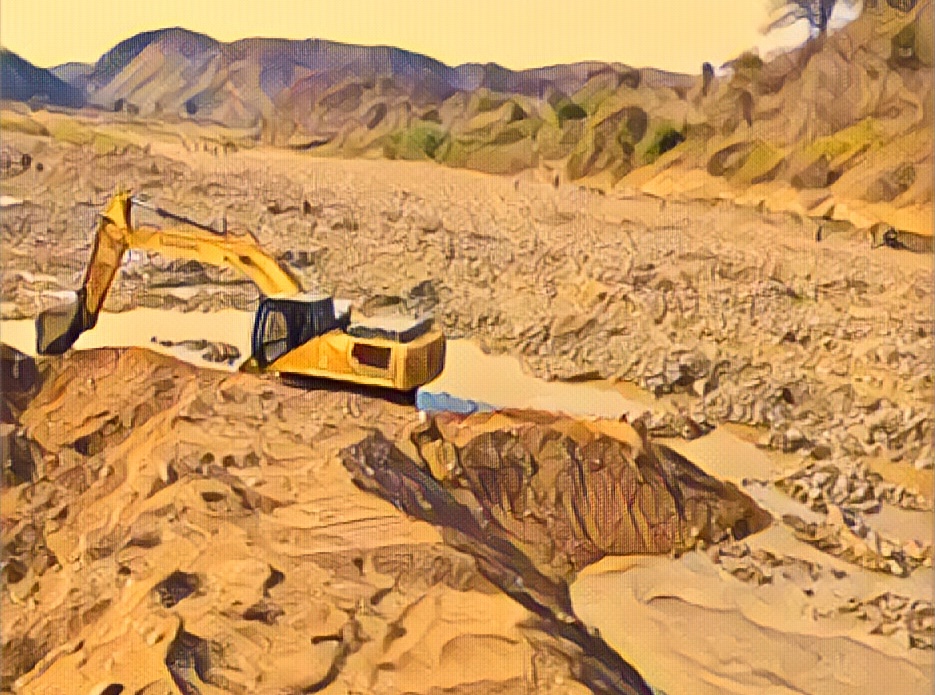KEY POINTS
- Zimbabwe cracks down on alluvial gold mining along rivers.
- Authorities demand restoration of ecosystems damaged by illegal operations.
- The crackdown targets compliance with environmental laws and bans desilting permits.
Increased efforts are being made in Zimbabwe’s Mashonaland West Province to stop harmful alluvial gold mining along important river systems.
Marian Chombo, Minister of Provincial Affairs and Devolution, has instructed government ministries and agencies to cooperate in the fight against the illicit activities that are seriously harming the environment.
Coordinated response to halt mining activities
Chombo said that the Ministry of Mines, the Environmental Management Agency (EMA), the Zimbabwe Republic Police (ZRP), and the Zimbabwe National Water Authority (ZINWA) will work together to halt these operations.
According to New Zimbabwe, she underlined how urgent it is to stop the harm being done to rivers like Sanyati, Mupfure, and Angwa, where miners have gone over their desilting permits and seriously degraded the water quality.
In accordance with environmental regulations that demand ecosystem restoration, miners will have to repair the damaged regions as part of the crackdown.
Additionally, Chombo declared, “The culprits must clean the mess they’ve created,” and threatened to halt operations right away if miners disobeyed the law.
Widespread impact of illegal mining
Marshal Jeyacheya, EMA’s Environmental Impact Assessment Officer, emphasized the magnitude of the harm. Moreover, illegal mining has caused the Angwa River, which flows through the districts of Makonde and Hurungwe, to lose over 75 percent of its ecology.
According to Jeyacheya, fifty percent of the damage along the Angwa River was caused by a corporation called Angel Hill. However, areas close to D-Troop, Karoi, and Honyodzi Valley were among the other rivers where similar environmental damage was documented.
Jeyacheya called for more coordination in tackling the environmental catastrophe and further denounced the lack of cooperation among government entities.
He advised creating regulations to assist mining cooperatives in order to guarantee sustainable operations and putting a halt on desilting permits in order to stop future misuse.
Legal framework and Government action
Except there are certain exceptions, mining operations are forbidden by Zimbabwe’s environmental regulations within 200 meters of natural water bodies.
Violations are still common, though. Furthermore, the government banned alluvial mining countrywide in August 2024, noting the negative effects it has on river ecosystems, water quality, and channel deterioration.
The action came after Anxious Masuka, the Agriculture Minister, released a study outlining the environmental damage brought on by extensive riverbed mining since 2011.
Through more stringent laws and enforcement, the government reaffirmed its commitment to repairing impacted ecosystems and halting more harm.


